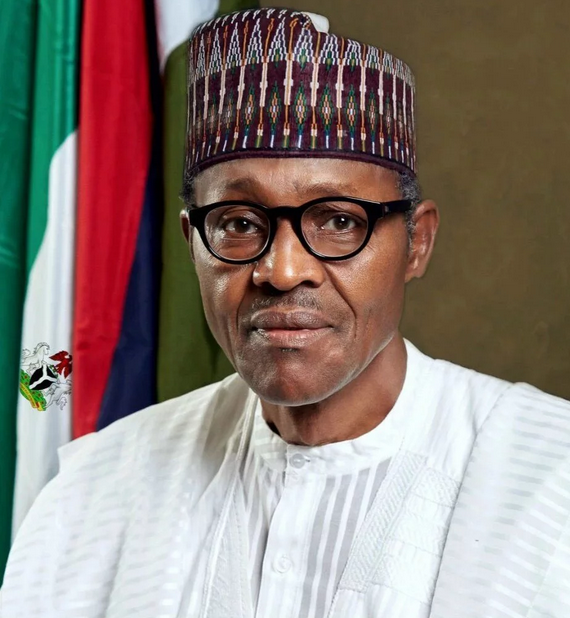The proposed oil revenue in the 2016 budget presented by President Muhammadu Buhari to the National Assembly about three weeks ago is facing a setback as the nation’s crude exports begin to fall amid further slide in global oil prices.
Industry analysts also say crude oil production in the country will continue its decline this year, meaning lower revenue for the government.
Nigeria, Africa’s top oil producer, relies on crude oil for most of its export earnings and government revenue.
Buhari had in the 2016 to 2018 Medium Term Expenditure Framework and Fiscal Strategy Paper sent to the National Assembly for this year’s budget said oil-related revenues were expected to contribute N820billion. But the total exports of Nigerian crude oil are expected to slide in February after reaching a three-month high in January, Reuters reported, citing a compilation of loading programmes.
The export programme for Brass River crude, which was under force majeure, had not yet been issued as of Friday, leaving just 56 cargos for a total of 53 million barrels planned for February loading.
While a Brass River programme is expected once the force majeure is lifted, it will not enable February exports to reach the 61.7 million barrels initially planned for January.
The Atlantic Basin was said to be still oversupplied with oil and there were at least a dozen January loading Nigerian cargos looking for outlets.
The country’s output declined by 50,000 barrels per day in December due to disruptions to exports from the Brass River and Bonny production streams, a Reuters survey found out.
The President projected crude oil production of 2.2 million bpd and a benchmark price of $38 per barrel for this year’s budget, down from 2.2782 million bpd in 2015 budget.
Copyright Ships & Ports Ltd. Permission to use quotations from this article is granted subject to appropriate credit given to www.shipsandports.com.ng as the source.

